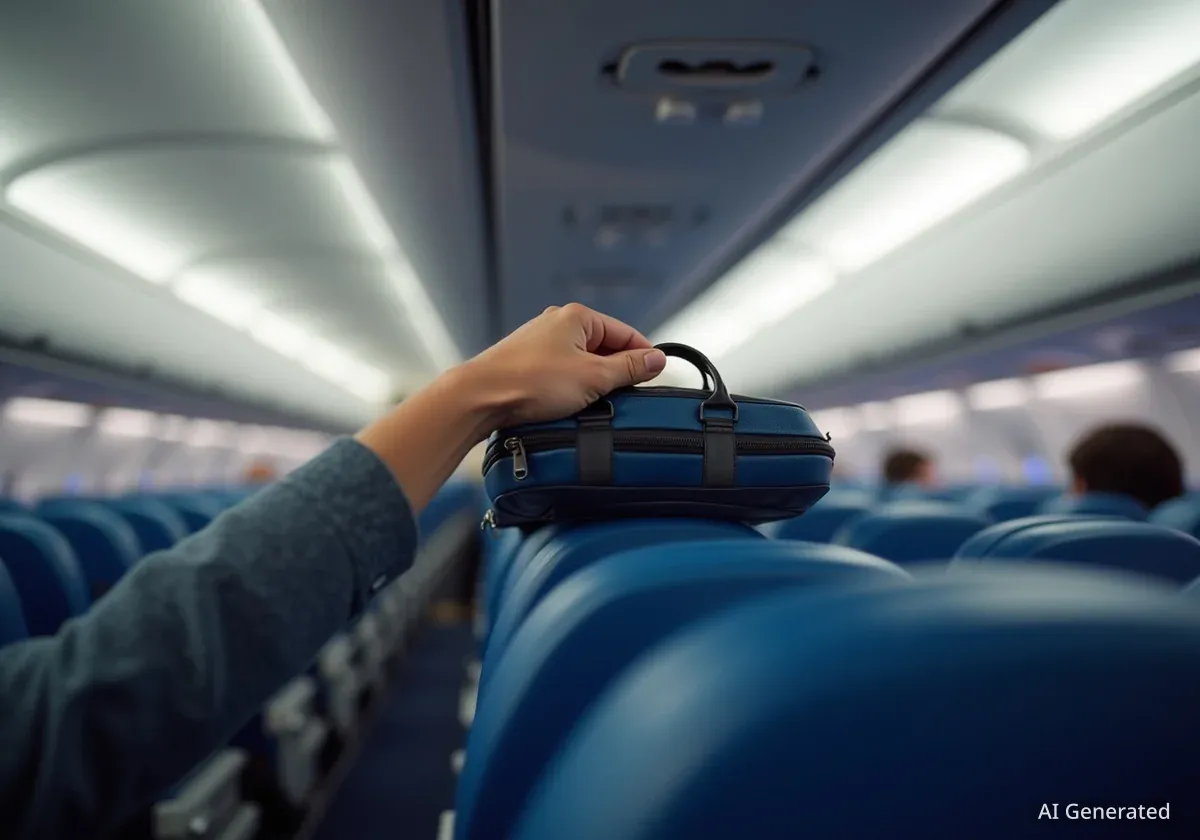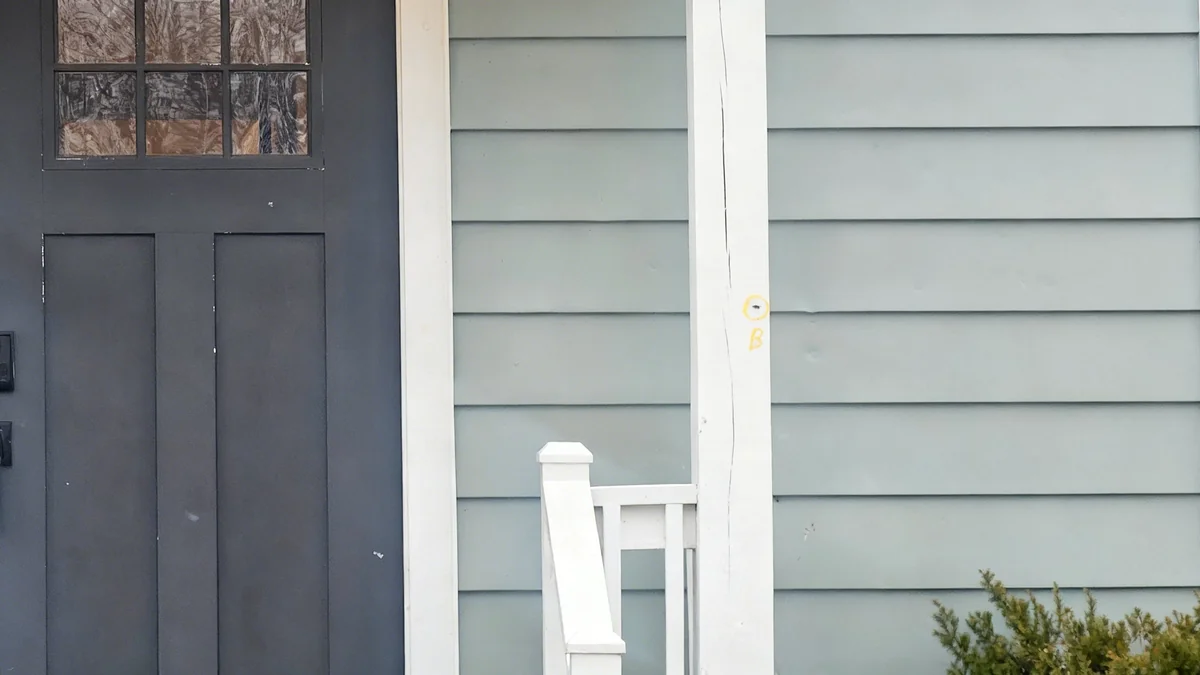Air travelers today face a significantly different experience compared to a decade ago, largely due to the rise of basic economy fares. What was once standard, like choosing a seat or bringing a carry-on bag, now often comes with an extra cost. This shift has changed how people book flights and what they expect from air travel.
Many passengers opt for basic economy tickets to secure the lowest advertised price. However, this choice frequently leads to additional fees for services that were previously included. This practice has become widespread across major airlines, affecting millions of travelers annually.
Key Takeaways
- Basic economy fares often exclude seat selection and carry-on bags.
- Airlines make billions annually from these additional fees.
- Consumers prioritize the lowest initial price, driving airline strategy.
- The overall cost of flying has remained relatively stable due to these changes.
The Evolution of Airline Ticket Classes
For many years, the primary distinction in airline cabins was between first class and economy. However, over the last decade, a new class has emerged: basic economy. This new tier sits below standard economy, offering fewer amenities at a lower initial price point.
This development has created a two-tiered system within the economy cabin itself. Passengers booking standard economy tickets typically retain perks like seat selection and carry-on allowances. Those in basic economy often lose these benefits.
Impact on Passenger Experience
One of the most noticeable changes for basic economy passengers is the inability to choose their seats. This means traveling companions, including families, may not sit together unless they pay an extra fee. Boarding priority is also affected, with basic economy passengers typically boarding last.
"It used to be that the class delineator in airplane cabins was first class vs. everyone else. In the past decade, a new one has emerged: those booking regular economy tickets against people in this seedy new basic economy class."
Some airlines, like United Airlines, have even stricter rules. Basic economy flyers on United may not bring a carry-on bag, only a personal item such as a backpack or purse. This restriction can significantly impact travelers, especially those on longer trips or attending events like weddings, where a carry-on might be essential.
Airline Fee Revenue
- Airlines generate billions of dollars each year from seat-selection fees alone.
- Checked bag fees, first introduced by American Airlines in 2008, have become a standard practice.
- These ancillary fees are a significant part of airline revenue, showcasing profitability to investors.
How Online Booking Shaped the Market
The shift towards basic economy began with changes in how people book flights. In 2002, Delta stopped paying commissions to traditional travel agents. This move, followed by other airlines, aimed to lower prices by cutting out intermediaries.
The responsibility for booking flights largely moved to online platforms. Many travelers now use online brokerages like Expedia or search engines such as Google Flights. These platforms often prioritize showing the lowest possible initial price, which has inadvertently fueled the rise of basic economy.
The "Race to the Bottom"
Airlines quickly realized that offering the absolute lowest price for the most basic ticket class was a key factor in attracting customers. This led to a strategy of "disaggregation" – stripping out traditional perks from the base fare and then charging for them separately.
"Over the years, they found out, just working with human nature, 'I’ll offer a different fare where I’ll take things out and charge for them later, after people actually choose my brand,'" said Michael Taylor, a J.D. Power managing director who advises airline industry clients. "But they first have to choose my brand before I can start making any kind of money at all."
This approach allows airlines to appear competitive with a low headline price. Once a customer selects a flight, they are then presented with options to add back amenities like seat selection or a carry-on bag, often at an additional cost. This model has proven profitable for airlines.
Historical Context of Fees
The practice of charging for previously included services began with checked bags. In 2008, American Airlines introduced a $15 fee for the first checked bag. This policy was widely adopted by other airlines. Today, these fees can range from $35 to $40 per bag. The success of bag fees paved the way for seat selection fees and other charges.
Consumer Behavior and Market Impact
Despite the added fees, many consumers continue to choose basic economy. This is largely driven by the desire for the lowest initial price. Market research firm J.D. Power reported that only 10% of passengers experienced problems with airlines last year, mostly delays. Overall passenger satisfaction has slightly increased from 2024 levels.
The U.S. Bureau of Labor Statistics indicates that non-business class tickets are only about $20 more expensive now than they were in 2000, after adjusting for inflation. This suggests that while amenities have been stripped away, the base cost of flying has remained relatively stable for consumers, especially for those willing to forgo extras.
The Dilemma for Travelers
The basic economy model presents a dilemma for travelers. While the initial price is attractive, the lack of flexibility and added costs for essential services can lead to frustration. Families, in particular, often face significant extra expenses to ensure they can sit together.
For example, a family of four could easily spend an additional $300 to upgrade from basic economy to a fare that includes seat selection. This significantly increases the total cost of their trip, often negating the initial savings.
United Airlines' Stricter Policy
- United Airlines has one of the most restrictive basic economy tiers among major U.S. carriers.
- Unlike American and Delta, United's basic economy passengers are often not permitted a carry-on bag.
- Despite this, United's economy customer satisfaction levels are comparable to those of Delta and American.
Potential for Change and Future Trends
Some platforms are beginning to respond to consumer feedback. Google Flights quietly introduced an option to exclude basic economy fares from search results. This feature, while not widely publicized, indicates that basic economy has caused enough frustration for Google to offer a workaround.
If online travel agencies and search engines were to make excluding basic economy the default search option, it could pressure airlines to restructure their offerings. However, this is unlikely as most consumers still prioritize the lowest advertised price.
Industry Resistance to Change
The airline industry has little incentive to reverse the trend of disaggregation. The financial benefits from ancillary fees are substantial and appeal to investors. Creating a new airline from scratch is also challenging due to high costs and regulatory hurdles.
Even Southwest Airlines, historically known for its no-fee policy, has started to introduce charges. They recently abandoned their two-bags-free policy and plan to move away from first-come, first-served boarding, introducing paid seat selection.
"The financial incentive to do what they’re doing now is so great," Taylor said. "The bag fee and the seat-selection fee and all those other disaggregated fees are really something that the airlines can showcase to investors, saying, 'Look how much money we’re making.'"
This suggests that the trend of unbundled fares and additional fees is likely to continue. Consumers' primary recourse is to understand the full cost of basic economy tickets, including potential add-ons, before making a purchase. This approach helps avoid unexpected expenses and ensures a more predictable travel experience.





